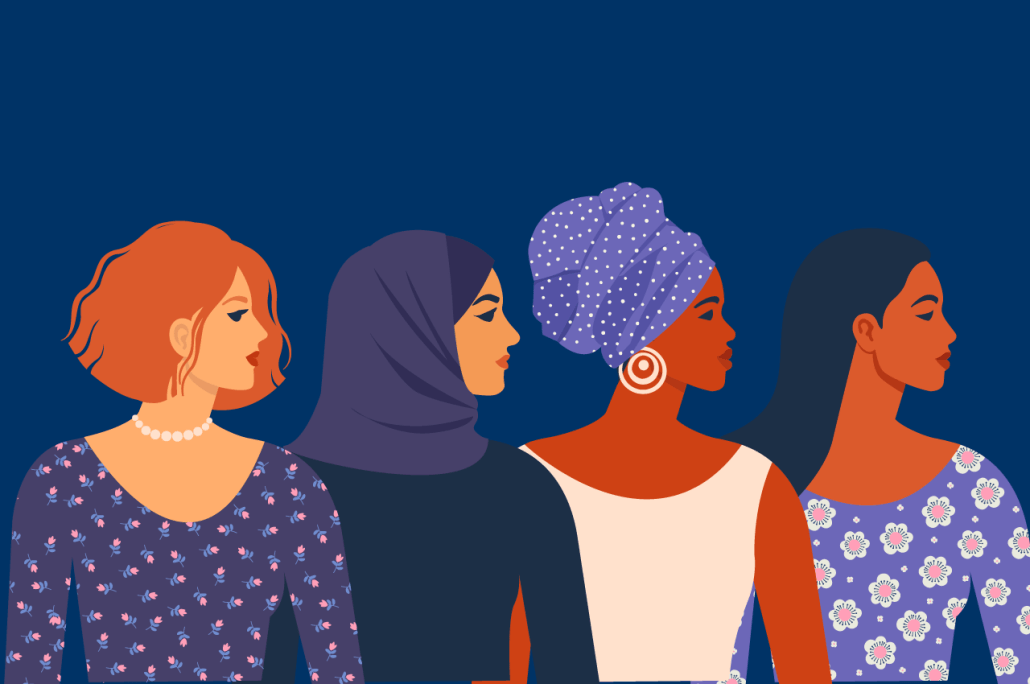It’s not just a chance to celebrate your own traditions; it’s a golden opportunity to learn more about other cultures and build social cohesion.
Every year on 24 September, South Africans pause to celebrate Heritage Day. In a country built by the efforts of people from dozens of backgrounds, this should be a singular moment of pride in the diversity of our unique nation.
The concept behind the holiday is for each person to remember the culture, traditions and history that make up their past, while also taking the chance to learn about and celebrate the heritage of fellow citizens. More often than not though, it’s all about ‘Braai Day’, and the opportunity for growth, learning and appreciation is lost.
This year, let’s ask ourselves what we can do to appreciate the unique contributions each and every culture has brought to the Rainbow Nation.
Learn
Divisions in any society come from a lack of knowledge about others, and South Africa’s history is one where division was actively encouraged. That’s why the first step to building an inclusive nation should be one of learning. In fact, our leaders thought it so important that they gave us a day off to do so.
On a personal level, reading books, listening to podcasts or watching movies set in South African cultures other than your own offer a great way to not only learn about the customs of those cultures, but also our shared humanity. Enveloping yourself in these stories can give you insight into the people behind the outward symbols – such as food, dress and religion – and allow you to see the similarities we have when it comes to hopes, dreams, heartbreak and love.
Engage
The next step is getting personal. Speak to those around you who come from different backgrounds, and get them to explain their treasured traditions and cultural practices. Ask neighbours, colleagues or school mates for all those answers you wish you knew about their culture. What are their favourite traditional foods? What happens on a particular holy day? What makes their wedding customs different?
With Heritage Day coming up, now is the time to break the ice and have a coffee after work, invite participants from your exercise class to lunch or host people at your Braai Day event. This will give you a great chance to get to know them. Because reaching out to others can make you feel vulnerable, we often avoid it. Are you feeling afraid to chat to others about their culture? First try to imagine how pleased you would be if someone asked you to explain what your family and culture mean to you.
Teach
The most important step to building a genuinely inclusive society is teaching children to appreciate the positives of other heritages. Too often the only time we hear about cultures other than our own is when something is going wrong and the media is reporting on it. Providing children with the other side of these negative stories is the greatest role you can play in nurturing an understanding for the people and places around them. Why not read bedtime stories about people outside your community? Have an evening trying traditional foods from local bakeries or takeaways? Or learn to greet one another in various languages new to you? It all helps to make each and every one of us feel more at home in this country of ours.













